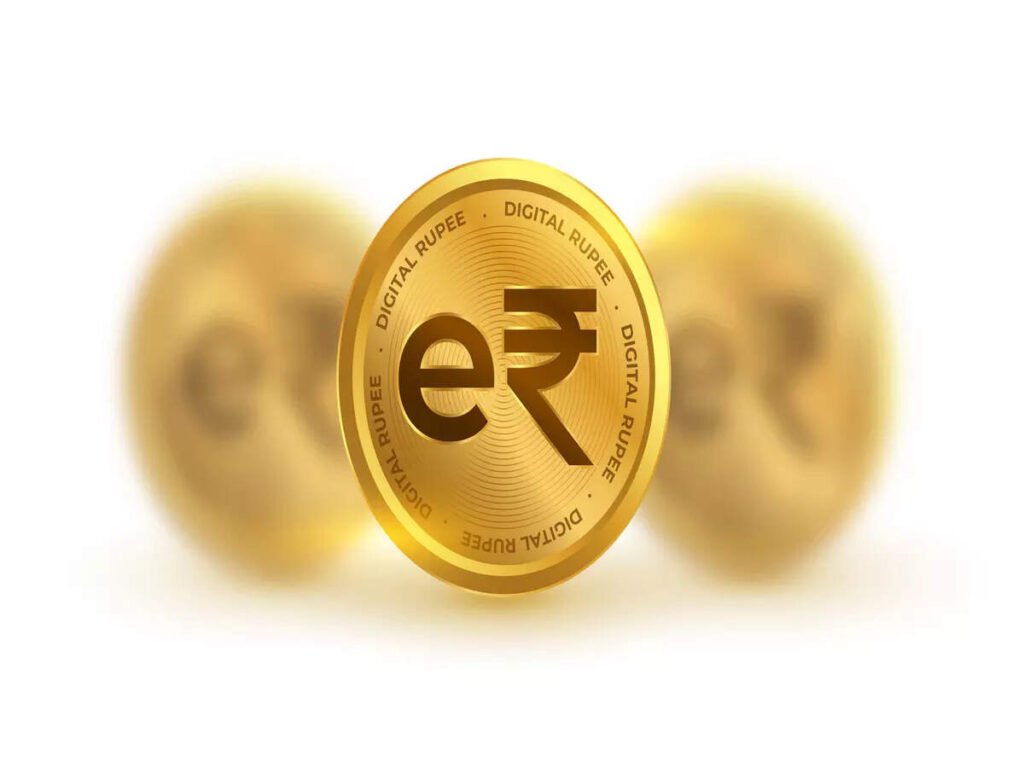What started as a pilot scheme, for a closed user group comprising merchant banks and participating customers in December 2022, has now transformed into a full-scale, pan-India implementation drive.
The e-rupee—India’s central bank digital currency (CBDC)—was launched both for wholesale transactions involving interbank transfers and retail transactions among the public. Its pilot use case in the wholesale segment was limited to the settlement of secondary market transactions in government securities. For the retail segment, it was limited to four banks and a few volunteer customers. By March 2025, the user base of e-rupee in the retail segment grew manifold to 17 major banks and 60 lakh consumers.
Hard cash in digital form
The RBI defines the CBDC as the sovereign legal tender issued by the regulator in digital form. The e-rupee carries with it all the essential characteristics of physical currency: it is issued by the central bank and distributed via intermediaries, i.e. banks. It is in the form of a digital token and is not an account-based transaction, thus different from the balance in one’s current or savings bank accounts, or UPI wallets. It is a fungible legal tender for which holders need not have a bank account.
The e-rupee is issued in the same denominations as coins and banknotes. Users may transact with it through a digital wallet offered by participating banks and stored on mobile phones or similar devices, and a reasonable degree of anonymity is provided in transactions involving the digital currency. Unlike savings bank account balance, the erupee does not earn any interest income.
Not taxed like commodities
A watershed moment in India’s digital currency evolution, the e-rupee comes with its fair share of intriguing tax considerations.
To clarify, the e-rupee is a sovereign legal currency and cannot be traded or sold for consideration, as it serves solely as a mode of payment. Unlike shares, bonds, mutual funds, or cryptocurrency, it is not a tradeable asset or investment. It won’t incur any direct income tax or goods and services tax (GST) liability. As per the Income Tax Act, ‘currency’ is categorically placed outside the scope and ambit of ‘capital assets’ under Section 2(14) and virtual digital assets under Section 2(47A), so there can be no ‘transfer’ of digital rupee to attract any capital gains tax liability. Similarly, in the GST Act, ‘currency’ has been kept outside the purview of ‘taxable supply of goods or services’.
However, the possibility of some unexpected but serious tax implications can’t be ruled out. Certain provisions of the Income Tax Act restrict high-value cash transactions and impose penalties for exceeding the limits. The inherent characteristic features of the e-rupee today make it akin to hard cash. Using the e-rupee, thinking it as the same as transferring money through internet banking on the National Electronic Funds Transfer (NEFT) or Real-Time Gross Settlement (RTGS) systems, may attract the same penalties. Hence, as long as using erupee for such restricted transactions is not categorically prescribed in the Income Tax Act as an acceptable mode of payment (like ECS or UPI at present), there is a serious concern that doing so would attract penal provisions, corresponding to these transactions when done with cash. Undertaking specific (see graphic) restricted transactions with the e-rupee may actually be treated and considered as cash transactions, as per the Income Tax Act.
Tax pitfalls
Using the e-rupee for the following restricted transactions may trigger the same tax provisions that apply to cash transactions.

Need stakeholders on board
The RBI’s well-intended move to make the e-rupee functionally similar to physical currency must be clearly understood and accepted by all stakeholders, including tax authorities.
Only with such clarity and conviction can this digital avatar of sovereign currency achieve its intended impact.
The author is FOUNDER, TAXAARAM INDIA AND PARTNER, SM MOHANKA & ASSOCIATES

